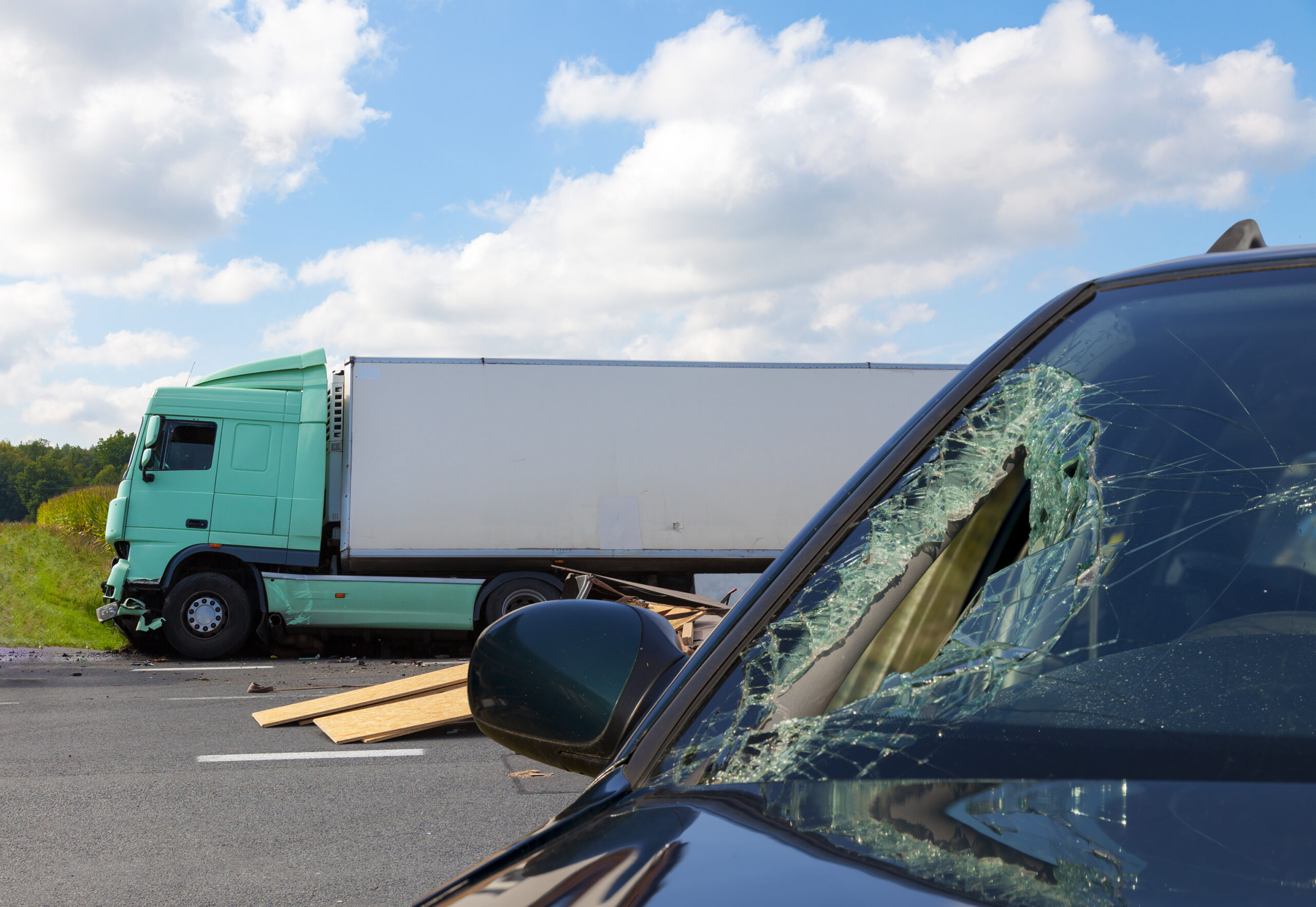Why Are Driving Logs Important to My Truck Accident Case?
Trucking accidents can cause catastrophic injuries and immense financial burdens for victims. In these cases, one critical piece of evidence is the truck driver’s driving log.
Federal regulations require that driving logs document key details about the truck driver’s activities and compliance with safety rules.
In truck accident cases, these logs often play a pivotal role in determining liability and proving negligence. Understanding their significance can help strengthen your claim and ensure justice is served.
What Driving Logs Reveal
Driving logs provide a detailed account of a truck driver’s activities and adherence to federal regulations, offering invaluable insight into what may have contributed to an accident.
Hours of Service (HOS) Compliance
The Federal Motor Carrier Safety Administration (FMCSA) enforces Hours of Service (HOS) regulations to limit how much time truck drivers can spend on the road without rest.
These regulations aim to reduce fatigue-related accidents by requiring mandatory breaks and limits on consecutive driving hours. Driving logs record:
- Start and stop times for each trip.
- Breaks and rest periods taken by the driver.
- Cumulative driving hours over specified periods, such as 11 hours in a 14-hour window.
A driver exceeding these limits or skipping required breaks can indicate noncompliance with safety regulations.
Evidence of Fatigue or Regulation Violations
Driver fatigue is a leading cause of trucking accidents, and driving logs can reveal whether a driver was operating beyond their limits. For example:
- Incomplete rest periods may indicate the driver was pressured to meet tight deadlines.
- Unusual entries or omissions in the log may signal attempts to falsify records, violating FMCSA rules.
By analyzing the driving log, attorneys can uncover patterns of unsafe behavior and use them to build a case against the driver or their employer.
How Logs Strengthen Your Case
Driving logs are more than just records; they are powerful tools for proving negligence and linking regulatory violations to the accident.
Proof of Negligence
- Negligence occurs when a party fails to exercise reasonable care, resulting in harm to another. Driving logs can serve as direct evidence of negligence by demonstrating:
- Noncompliance with HOS rules: A driver exceeding the legal driving limits indicates a disregard for federal safety regulations.
Irregularities or falsifications: Altered logs suggest an effort to hide wrongdoing, strengthening negligence claims.
Linking Violations to the Accident
Proving that a regulatory violation caused or contributed to the accident is critical. Driving logs help establish this link by providing a timeline of events leading to the crash. For example:
- Excessive hours on the road may result in fatigue, impairing the driver’s reaction time and decision-making ability.
- Lack of rest breaks could increase the likelihood of errors, such as drifting out of lanes or failing to brake in time.
When paired with other evidence, such as eyewitness accounts or expert testimony, driving logs help create a compelling narrative that holds the negligent party accountable.
Challenges in Obtaining Logs
While driving logs are critical to your case, obtaining them can be challenging. Trucking companies often resist sharing these records, which can delay or complicate the legal process.
Spoliation of Evidence
One major concern in truck accident cases is the risk of spoliation or the destruction of evidence.
Federal regulations require trucking companies to retain driving logs for only a limited period, typically six months.
If these records are not secured promptly, they may be destroyed, intentionally or otherwise.
In some cases, companies may even attempt to alter or discard logs to avoid liability.
Legal Strategies to Secure Records
To prevent the loss of driving logs, your attorney will take several proactive steps, including:
- Issuing a preservation letter: This formal notice requires the trucking company to retain all relevant records, including driving logs, black box data, and maintenance records.
- Filing discovery motions: If the company refuses to comply, your attorney can request a court order compelling the release of the logs.
- Requesting subpoenas: Your attorney may issue subpoenas to third parties, such as maintenance providers or dispatch companies, to obtain copies of related records.
- Seeking sanctions for spoliation: If evidence is destroyed, the court may impose penalties or instruct the jury to assume the missing records were unfavorable to the company.
- Conducting depositions: Key individuals, like drivers or company representatives, can be deposed under oath to gather additional details about recordkeeping practices and potential tampering.
Working with an experienced attorney is essential to overcoming these challenges and preserving critical evidence.
Additional Evidence to Strengthen Your Case
While driving logs are invaluable, they are just one piece of the puzzle. To build a comprehensive case, attorneys will seek other evidence that complements and reinforces the log information.
Black Box Data
Most commercial trucks are equipped with electronic logging devices (ELDs) and event data recorders (commonly known as “black boxes”). These devices capture key metrics such as:
- Vehicle speed at the time of the crash.
- Brake usage leading up to the collision.
- Hours of operation and rest periods logged electronically.
Black box data can confirm or contradict the information in the driver’s log, providing an additional layer of accuracy and reliability.
Maintenance Records
Truck maintenance records are another critical source of evidence. Poorly maintained vehicles are a common factor in accidents, and these records can reveal whether the trucking company or
driver neglected the required upkeep. For instance:
- Brake inspections: Failure to maintain the braking system could result in a collision.
- Tire replacements: Worn or improperly inflated tires may lead to blowouts or loss of control.
When combined with driving logs, maintenance records help establish a pattern of negligence by the driver, the trucking company, or both.
Consult Linton Robinson & Higgins, LLP for More Information
Driving logs are indispensable in truck accident cases, providing critical evidence of regulatory compliance, driver fatigue, and negligence.
These logs can help build a strong case that holds the responsible parties accountable when paired with black box data, maintenance records, and other evidence.
However, understanding the legal issues associated with trucking regulations and evidence collection requires skill and experience.
Linton Robinson & Higgins, LLP is dedicated to helping you secure the compensation you deserve and ensuring justice is served. If you’ve been injured in a truck accident, don’t face the legal process alone.
Contact Linton Robinson & Higgins, LLP at 786-882-7316 in Miami and 332-241-9036 in New York City for a free consultation.




